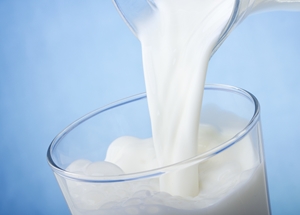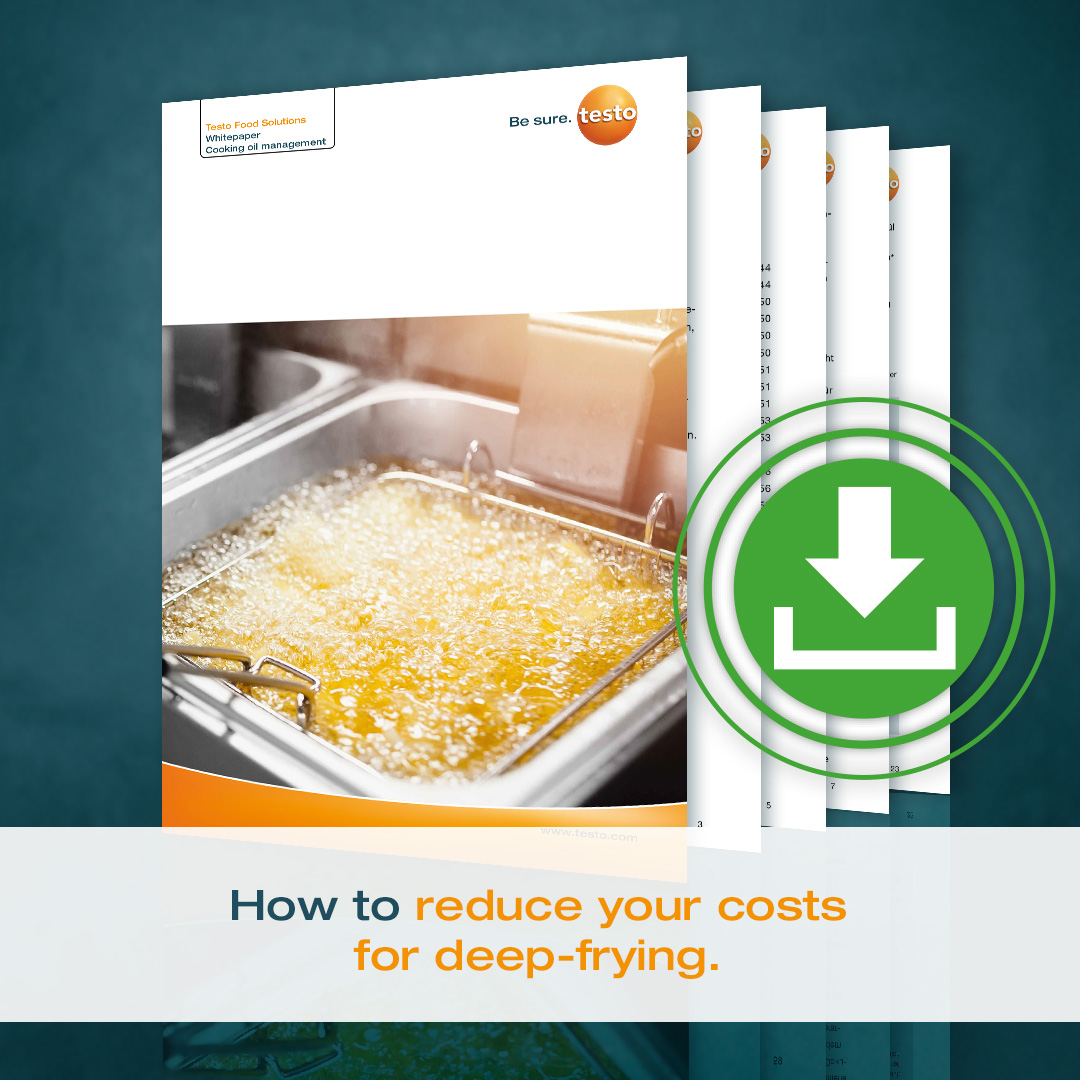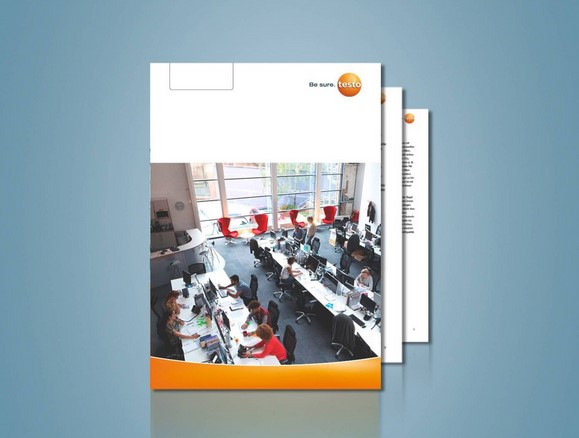For a number of years, Victoria has been the heart and soul of Australia’s dairy industry and a recent announcement has cemented its position.
In 2013, Victoria exported $1.85 billion worth of dairy product, calculating to 86 per cent of the nation’s total. This is a great achievement considering the relative size of Victoria compared to the other states and territories.
Late last month, an international infant formula production deal was signed with Fonterra in Victoria and Australia’s largest dairy food company, Murray-Goulburn, released its strong financial year results.
According to Minister for Agriculture and Food Security, Peter Walsh, these announcements highlight the fact that the Victorian dairy industry is moving in the right direction and is facing a period of heavy investment from overseas.
“The Victorian Coalition Government is committed to boosting the productivity and profitability of our dairy industry, and we are actively working with the industry to get more Victorian produce into the rapidly expanding high value consumer markets of Asia,” he said.
“The announcement that Fonterra and Beingmate will pursue a NZ$615 million partnership to manufacture and distribute infant formula has been described as game-changing by the dairy industry, with significant new access anticipated to the Chinese market including 80,000 distribution outlets.”
Mr Walsh mentioned Fonterra’s comments on the Gippsland’s Darnum Park site which indicated the company’s support of local dairy farmers and jobs.
In fact, the Victorian government’s Food to Asia Action Plan and Growing Food and Fibre initiative are both progressing strongly and provide local farmers will the tools to meet the growing global dairy demand.
“The Victorian Coalition Government has set the challenge of doubling Victoria’s food and fibre production by 2030 and we can achieve this through strategic research and development together with active engagement with international markets,” Mr Walsh concluded.
Challenges ahead
While China hasn’t tainted Australia with the same brush as the United States and New Zealand, one poor batch of imported dairy products can derail years of hard work.
China is the world’s largest importer of milk products in the world, and with a flourishing economy and population, this is only set to rise. According to reports from the 2014 China Dairy Industry Association (CDIA) annual conference in Shanghai, China imported 2.1 million tons of dairy worth $8.8 billion in the last year alone.
“As the need for overseas produced dairy in China grows, the requirement for a diversified group of reliable international suppliers of the best quality is becoming urgent.” Charlie McElhone, group manager of trade and industry strategy at Dairy Australia said.
“Whole Milk powder for instance, is supplied almost solely from one country – New Zealand – which garnered 41 percent of total Chinese dairy imports in 2013.”
Options for industry
For Australian dairy manufacturers and exporters, the challenge is to ensure the best practices and methods are being carried out.
Food industry professionals will also need to make sure they have the tools to constantly monitor production standards so the quality entering China doesn’t decrease and isn’t turned away at the border.
To look after dairy products at both ends of the manufacturing process, Testo has a number options suitable for refrigeration and storage.
The testo Stainless Steel Mini Thermometer is perfect for spot checking food stuffs to gauge temperature. A benefit of this tool is that it can also record temperature in the air so industry professionals can check if the environment temperature matches the dairy product.
In addition to this, the testo 174H – Mini Humidity Data Logger could also be useful in transport facilities to maintain accurate conditions. The device has memory for 10,000 measurements and users can access the data fast through a connection to a PC.









 Reduce cooking oil costs while ensuring quality
Reduce cooking oil costs while ensuring quality Expert knowledge on CO2 monitoring
Expert knowledge on CO2 monitoring Refrigeration knowledge - in 3 modules
Refrigeration knowledge - in 3 modules



